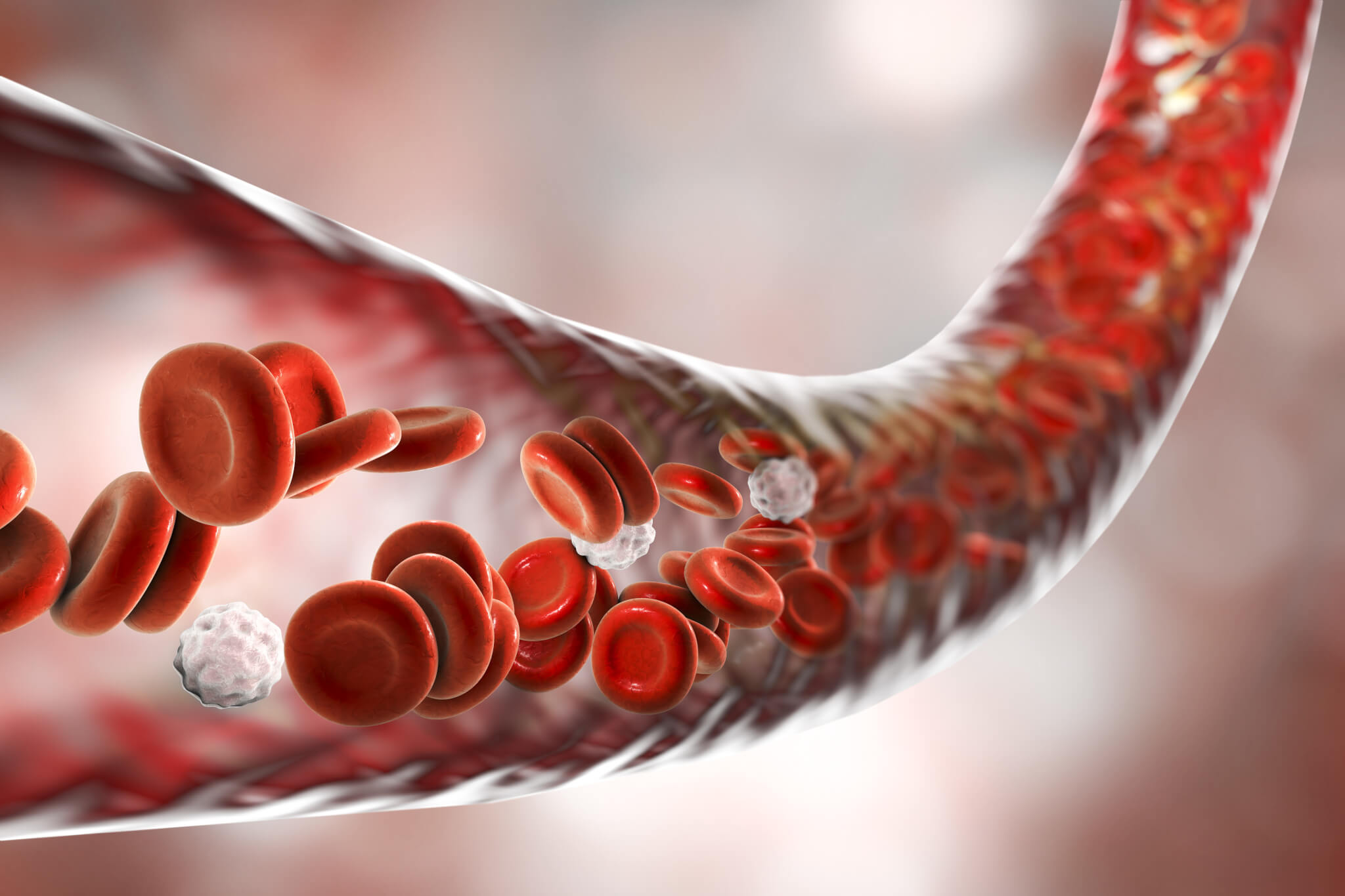DALLAS — Anger is one of those intense emotions — and it’s no secret that it just doesn’t feel good. Whether it’s a sudden flash of road rage or blowing up at a co-worker or family member, anger can be hard to control. However, did you know that angry outbursts may be damaging your heart and blood vessel health?
According to researchers from Columbia University, experiencing an intense moment of anger actually causes temporary damage to the lining of your blood vessels, known as the endothelium.
To understand why the endothelium is so important, we first need to explore what it is and what role it plays. The endothelium is the inner lining of all of your blood vessels, including the arteries, veins, and tiny capillaries. It acts as a gatekeeper, helping to regulate things like:
- Blood clotting
- Plaque buildup
- Inflammation levels
- Vessel relaxation and constriction
A healthy, properly functioning endothelium helps keep your vessels flexible and smooth, allowing blood to flow freely. If the endothelium suffers damage, however, it can set the stage for plaque buildup, hardening of the arteries (atherosclerosis), clots, inflammation, and other problems that increase heart disease risk.

During the new study, published in the Journal of the American Heart Association, researchers took 280 healthy young adults without any heart disease risk factors and randomly assigned them to different groups. One group did an eight-minute “anger recall” task where they had to vividly relive and describe a memory that had provoked intense anger. The other groups did similar tasks to provoke anxiety, sadness, or neutral emotions.
Before and at several points after the tasks, the researchers measured each participant’s endothelial function using a test that measures how well the blood vessels can relax and allow increased blood flow (a marker of healthy endothelial cells). They also measured levels of cell debris and endothelial repair cells circulating in the blood, which reveal if damage or healing is occurring.
Results show participants in the anger recall group showed impaired endothelial function and an inability for their blood vessels to relax and dilate for up to 40 minutes after the anger-inducing task. The anxiety and sadness groups did not experience the same effects.
While all negative emotions cause stress of some kind, the researchers think anger may be particularly harmful to the endothelium in four specific ways:
- Triggering stronger physiological stress responses that alter blood vessel function.
- Impairing nitric oxide levels, which helps vessels relax.
- Promoting inflammation and oxidative stress that damages cells.
- Increasing levels of endothelin-1, a potent vessel constrictor.
The bottom line is that anger seems to set off a cascading series of biological reactions that negatively impact the endothelium and vascular function — at least acutely. Previous research has linked outbursts of anger to a higher risk of suffering a heart attack.
Of course, few people can avoid anger entirely. This study underscores why frequent, uncontrolled anger may be something to get a better handle on from a heart health perspective, especially if you already have other cardiovascular risk factors.

Although the researchers didn’t look at the long-term effects of anger, they speculate that repeated outbursts and endothelial injuries over several years could potentially contribute to the development of atherosclerosis, plaque buildup, and future heart disease.
The good news is that endothelial dysfunction from anger seems to be reversible if you can get it under control. Within about 40 minutes, the participants’ vascular function started returning to healthy levels.
So, what can you do to defuse anger?
Experts recommend trying these simple anger management strategies:
- Recognizing your typical anger triggers and removing yourself from situations that spark rage.
- Using deep breathing, meditation, or mindfulness to calm down.
- Exercising regularly to burn off steam.
- Talking to a therapist about healthy anger expression.
- Not bottling up anger – find a constructive way to process it.
“This study adds nicely to the growing evidence base that mental well-being can affect cardiovascular health, and that intense acute emotional states, such as anger or stress, may lead to cardiovascular events,” says Glenn Levine, M.D., FAHA, the writing committee chair of the scientific statement, and master clinician and professor of medicine at Baylor College of Medicine, in a media release.
